Embarking on a health-conscious journey? Steering clear of certain foods can pave the way for better well-being. These 15 foods, often flagged by healthcare professionals, might pose risks to your health.
Each carries unique reasons why moderation or avoidance is wise. Delve into these dietary pitfalls and discover how making informed choices can truly impact your health positively.
1. Alcohol
Opting for moderation when it comes to alcohol is crucial. Consumption can affect liver health and contribute to various long-term conditions. It’s not just liver damage; alcohol can also increase the risk of heart disease and certain cancers. In social settings, it’s easy to overlook these risks.
Limiting intake or choosing alcohol-free alternatives can be beneficial. For those striving to maintain a healthy diet, understanding the impact of alcohol is vital. Drinking responsibly or abstaining altogether can significantly enhance overall well-being.
2. Breakfast cereals
When choosing breakfast options, cereals often appear convenient. However, many are laden with sugars and lack nutritional value. These cereals can cause blood sugar spikes, leading to energy crashes. For a nutritious start, consider alternatives like oatmeal or whole grain options.
They provide sustained energy without the sugar rush. Reading labels carefully ensures you’re picking the healthiest choice. A breakfast rich in fiber and low in sugars can set a positive tone for the day ahead.
3. Trans fats
Trans fats, often found in fast foods, are notorious for raising bad cholesterol levels. They lurk in many processed items, impacting heart health adversely. Avoiding foods with partially hydrogenated oils is key. Healthier fats, like those from avocados or nuts, are a better option.
By choosing to exclude trans fats, you’re supporting cardiovascular health. The effort to eliminate these fats from your diet can lead to a healthier lifestyle overall.
4. Sports drinks
For athletes, hydration is essential, but sports drinks might not always be the best choice. Packed with sugars and electrolytes, they can contribute to weight gain if consumed without rigorous activity. Water or coconut water can be excellent alternatives for casual exercisers.
These natural options provide hydration without added sugars. When considering rehydration, think about your activity level and choose wisely. Your body will thank you for opting for healthier hydration methods.
5. Soda
Sodas are popular yet detrimental to health due to their high sugar content. Regular consumption can lead to weight gain and increase diabetes risk. Instead, sparkling water with a slice of fruit offers a refreshing alternative without the sugars.
Sodas also contribute to dental issues, eroding enamel over time. By reducing intake, you’re making a positive step towards better health. Choosing alternatives helps in maintaining a balanced diet and reducing calorie intake.
6. Sugar and high fructose corn syrup
Sugar and high fructose corn syrup are often hidden in processed foods. These sweeteners can lead to obesity and metabolic issues. It’s important to check ingredient lists for these culprits. Natural sweeteners like honey or maple syrup can be healthier substitutes.
By understanding where sugars hide, you can make smarter dietary choices. Reducing sugar intake is a step towards improved health and weight management.
7. Juice
Juice, while seemingly healthy, often contains as much sugar as sodas. The lack of fiber in juice means blood sugar levels can spike quickly. Opting for whole fruits is a better choice, providing fiber and essential nutrients.
When looking for a refreshing drink, consider water infused with fruit slices. This offers flavor without the sugar overload. Making informed choices about juice consumption can contribute to better health.
8. Artificial sweeteners
Artificial sweeteners are marketed as a healthier sugar alternative, but their long-term impacts remain unclear. Some studies suggest they may affect metabolism and gut health. Opting for natural sweeteners where possible is advisable.
Moderation is key when incorporating these into your diet. Being aware of what you’re consuming helps in making healthier choices. Your body benefits from understanding and managing artificial sweetener intake.
9. Refined vegetable oils
Refined vegetable oils are prevalent in many kitchens but pose health risks. They are high in omega-6 fatty acids, which can lead to inflammation. Choosing oils like olive or coconut oil can be healthier alternatives.
These options offer beneficial fats without the high omega-6 content. Being mindful of the oils you cook with helps promote heart health. Switching to healthier oils is a simple yet effective dietary change.
10. Processed meats
Processed meats, including sausages and deli cuts, are linked to various health issues. High in sodium and preservatives, they can increase cancer risk. Opting for fresh, lean meats is a healthier choice. Cooking at home allows control over ingredients and preparation methods.
By avoiding processed meats, you’re taking steps to reduce health risks. Choosing fresh options supports a balanced diet and long-term well-being.
11. High-fat frozen meals
Convenience is the primary allure of frozen meals, but many are laden with unhealthy fats. These meals can contribute to weight gain and don’t provide balanced nutrition. Preparing meals at home with fresh ingredients ensures better control over fat intake.
Looking for low-fat or balanced frozen options can be a step in the right direction. Being conscious of meal choices aids in maintaining a healthy lifestyle.
12. Processed white bread
White bread, a staple in many diets, often lacks nutritional value. Its processing removes fiber and essential nutrients. Whole grain breads provide more fiber and nutrients, supporting better digestion and health.
When shopping, consider the benefits of enriched or whole grain options. They offer more sustenance and fewer empty calories. By choosing breads wisely, you’re enhancing your dietary health.
13. Takeout
Takeout, though convenient, is often high in unhealthy fats and sodium. Regular consumption can lead to health issues and weight gain. Cooking at home allows for healthier ingredient choices and portion control.
Exploring new recipes can make home cooking exciting and rewarding. By reducing takeout, you’re opting for a healthier lifestyle and better nutrition. Embracing home-cooked meals supports long-term well-being.
14. Donuts
Donuts, with their sugary glaze and deep-fried texture, are not the healthiest choice. Their high sugar and fat content can lead to weight gain and energy crashes. Enjoying them as an occasional treat rather than a staple is advisable.
Opting for healthier baked goods when craving sweets can satisfy your palate and support health. Making mindful choices about such indulgences aids in maintaining a balanced diet.
15. Raw or undercooked meat
Consuming raw or undercooked meat poses health risks due to potential bacteria and parasites. Ensuring meat is cooked to a safe temperature is crucial. Using a meat thermometer can help verify this. Preparing meat safely reduces the risk of foodborne illnesses.
By practicing safe cooking methods, you’re protecting yourself and your family from potential health hazards. This attention to cooking details promotes a healthier eating environment.

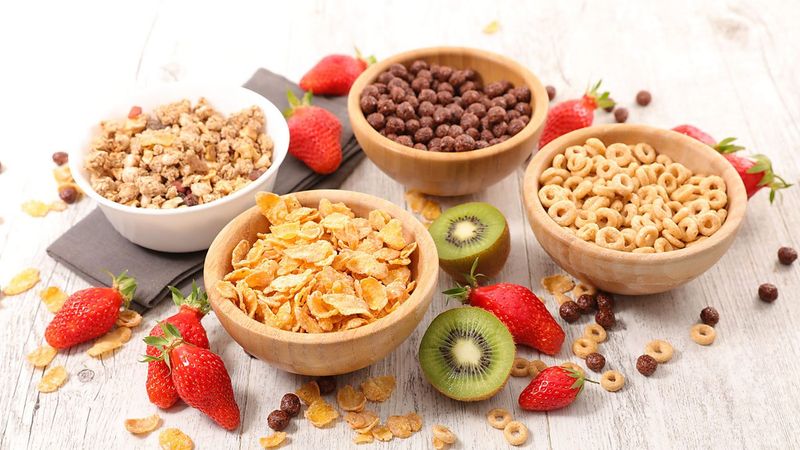

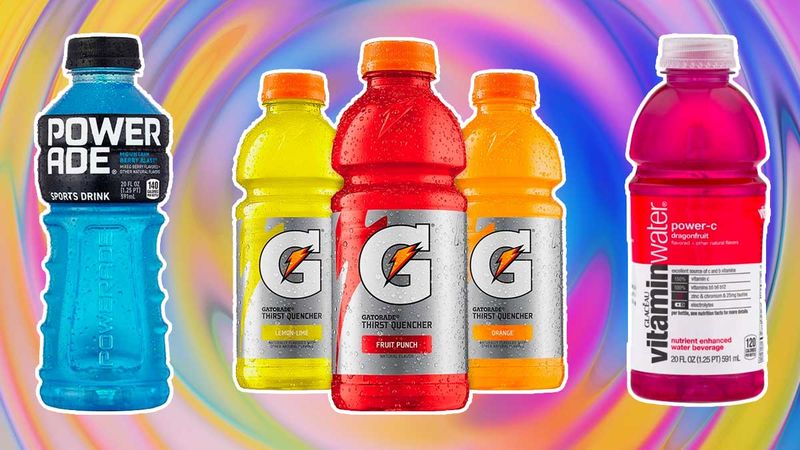
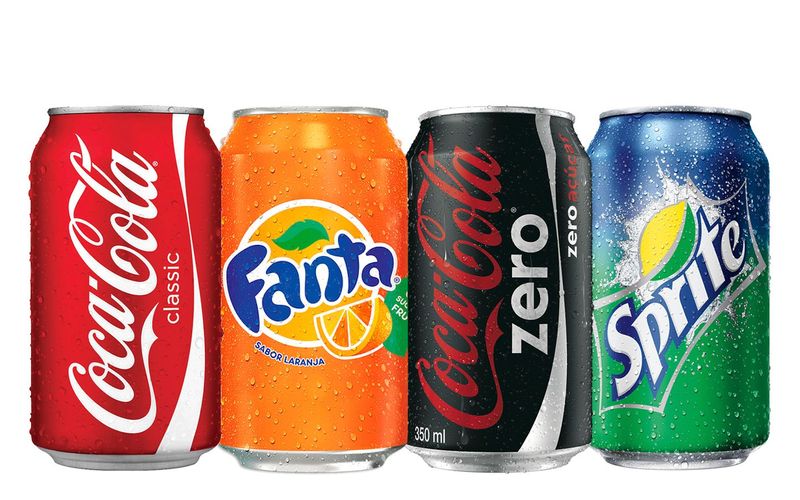
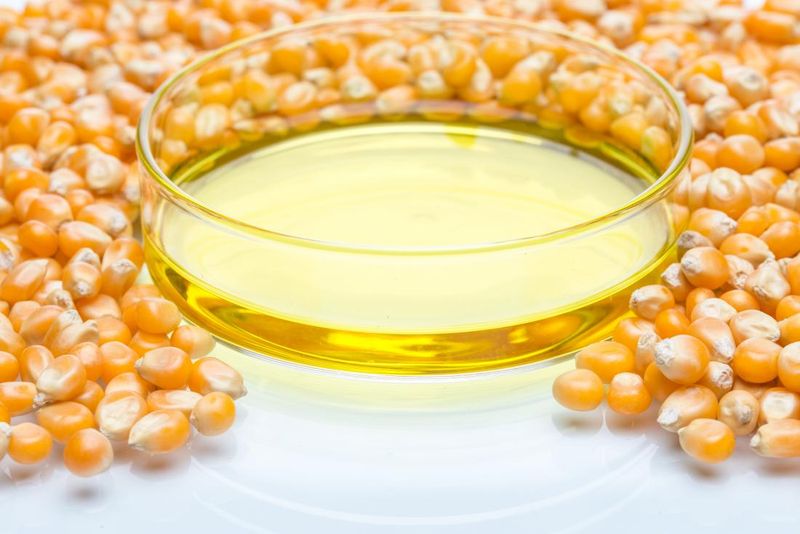
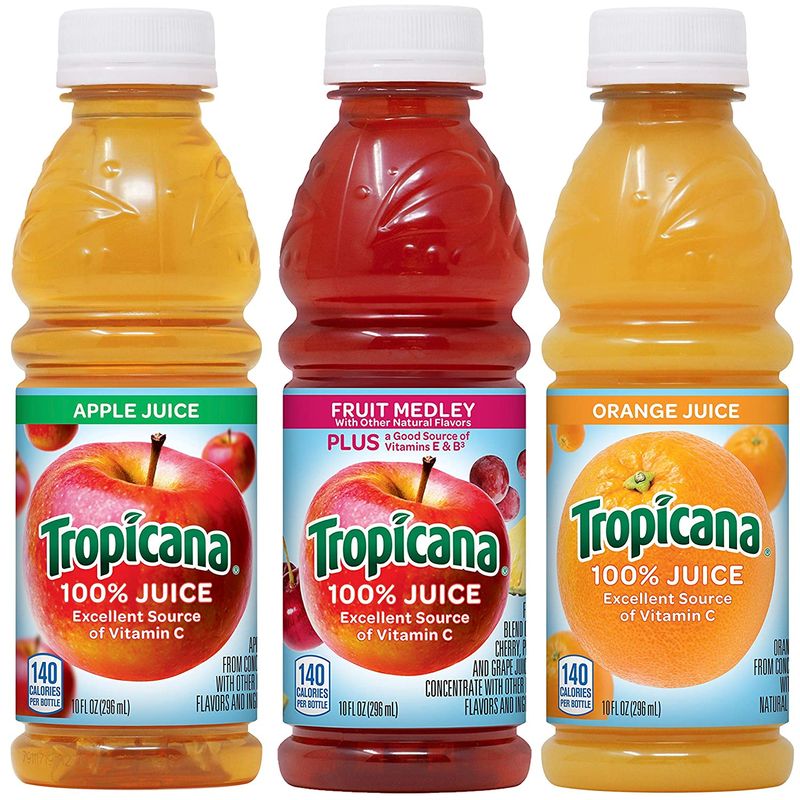
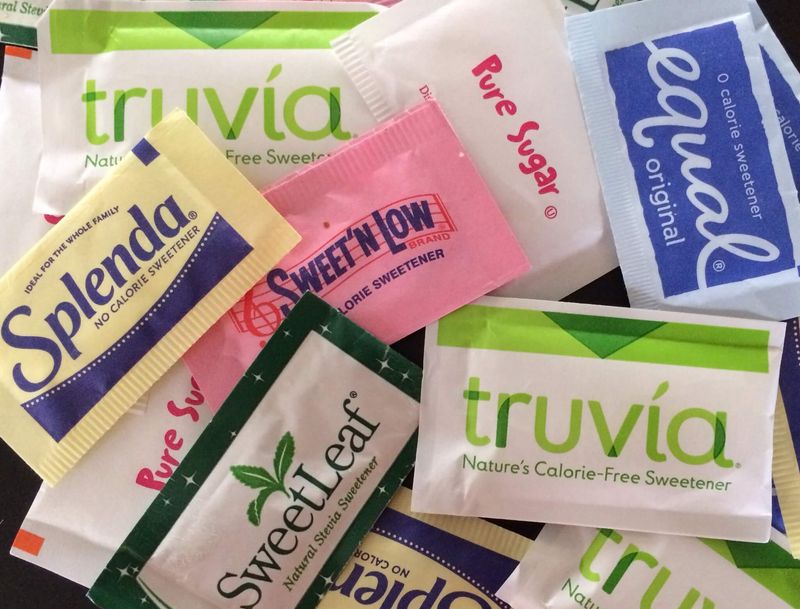


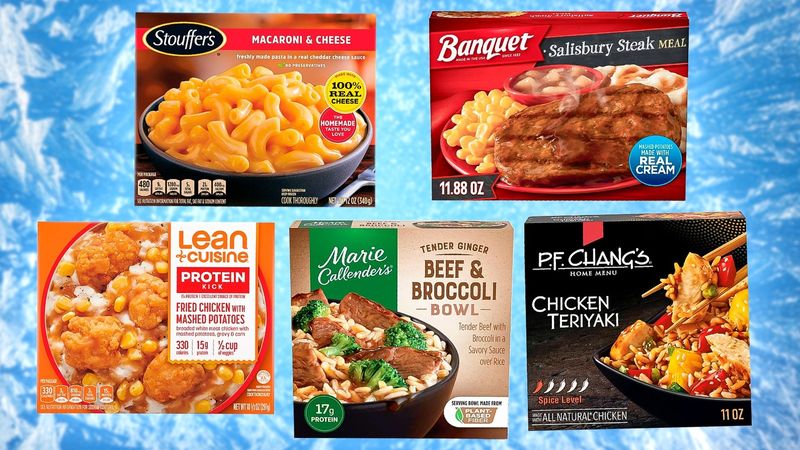
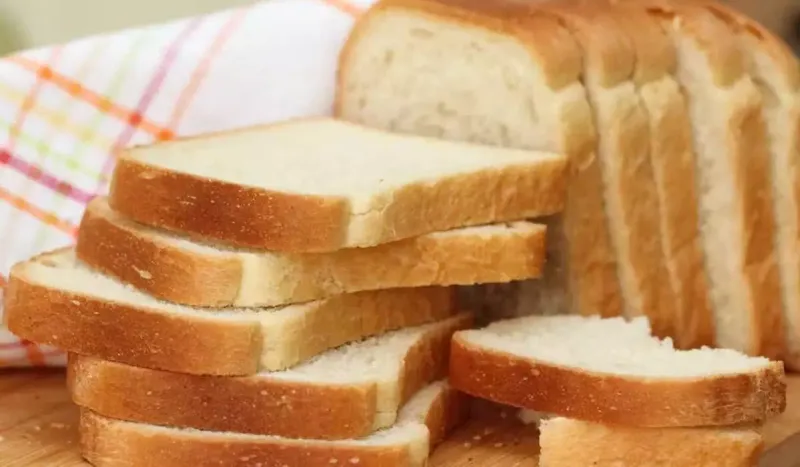

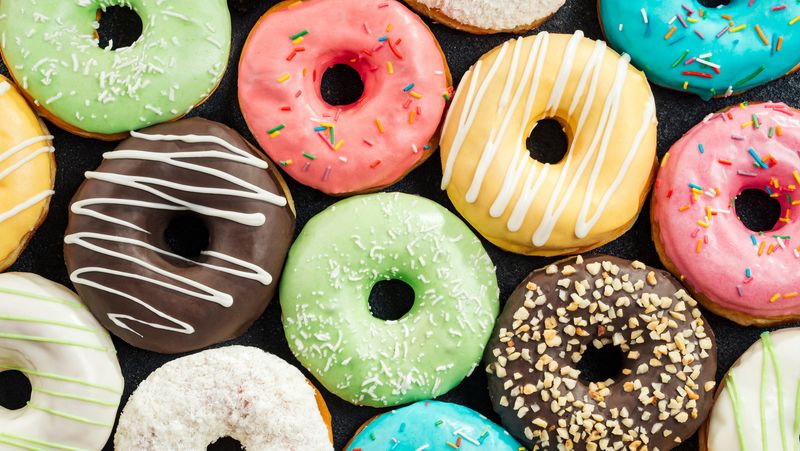

Leave a comment